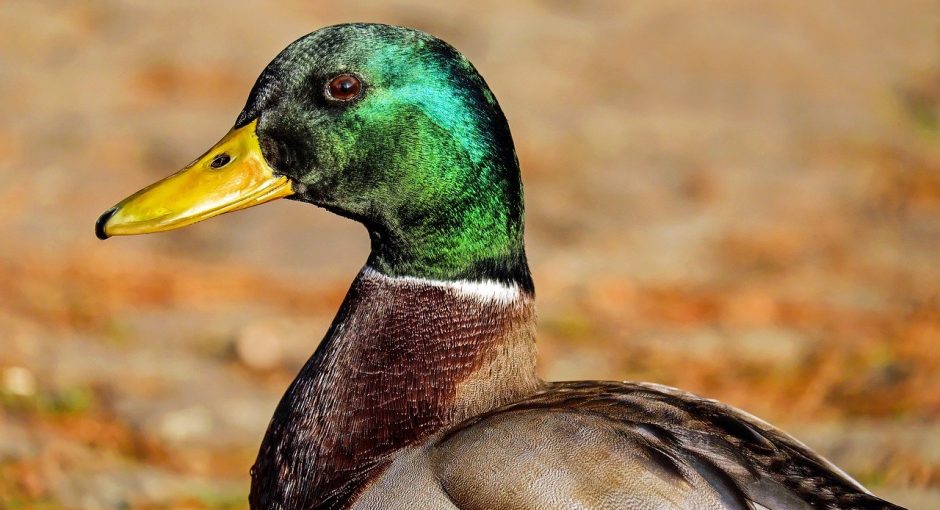You’re the proud caretaker of a new duck, and you face one of the most basic questions of pet ownership. What exactly do you feed a duck?
LiveDucks.com offers a great duck feeding resource, which we’ve summarized here. This is a compliation of the knowledge of various avian veternarians, wildlife caretakers, breeders, and all around experts.
One of the key things to avoid when feeding your pet duck is any food that is medicated, always use non-medicated foods. Poultry farms and commercial operations will use medicated foods to prevent communicable diseases in waterfowl. This works for large scale operations, but not for personal pets.
A solid diet should consist of a solid staple food with some vegetable or fruit trimmings to provide complementary nutruition. Here are some ideas for each of those food categories –
Staples –
- Non-Medicated Duck/Chick Starter for ducklings and growing birds
- Non-Medicated Pelleted Mash for adults
- Cracked Corn
Trimmings –
- Fresh Vegetables like shredded carrots
- Chopped, Hard-Broiled Eggs
- Tomatoes
- Cottage Cheese
- Garden Snails (only if you do not use pesticides or snail bait)
- Worms of all sorts
Protein Levels – Striving to feed your duck an optimum level of protein is important. At different stages of life, they need different levels. Too much or too little may cause feathering problems.
- Duckings (0 – 3 weeks old) – 20-22% protein, easily obtained from Duck/Chick Starter
- Adolescents (4 weeks – fully grown) – 16% protein
- Adults (fully grown) – 14-16 % protein
- Laying Hens (fully grown) – 16-18%, easily obtained from store bought Laying Rations or Mash
Where do I get duck specific foods? A local farm supply or pet store is usually the optimum choice. It can be expensive to purchase online due to heavy shipping costs, but there are a few places available.
What NOT to feed ducks –
- Bread – it’s NOT okay for wild ducks and it’s NOT okay for domestic
- Seeds and Nuts – these are too difficult to digest
- Fatty, Salty or Sweet Foods
- Chocolate
- Popcorn






